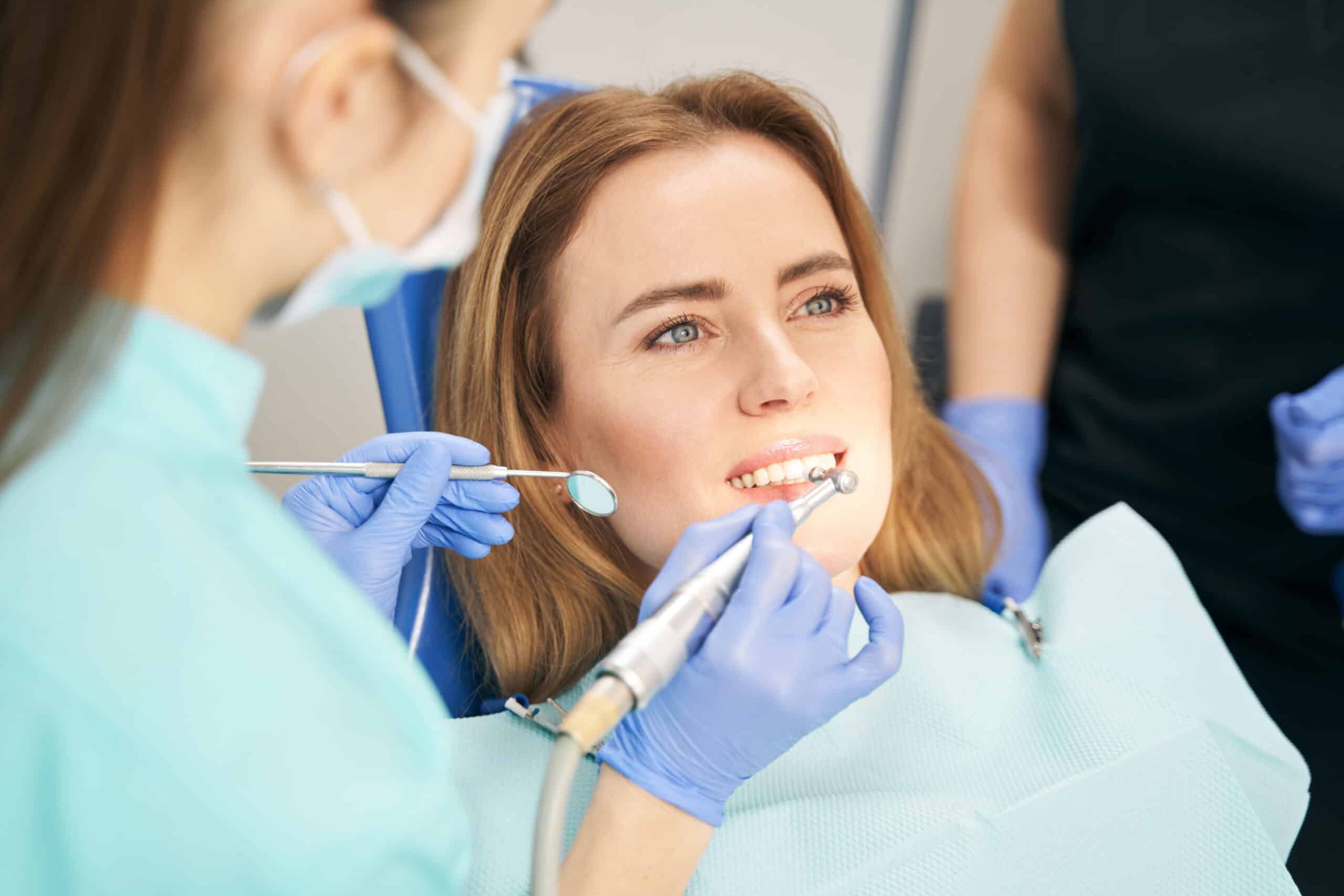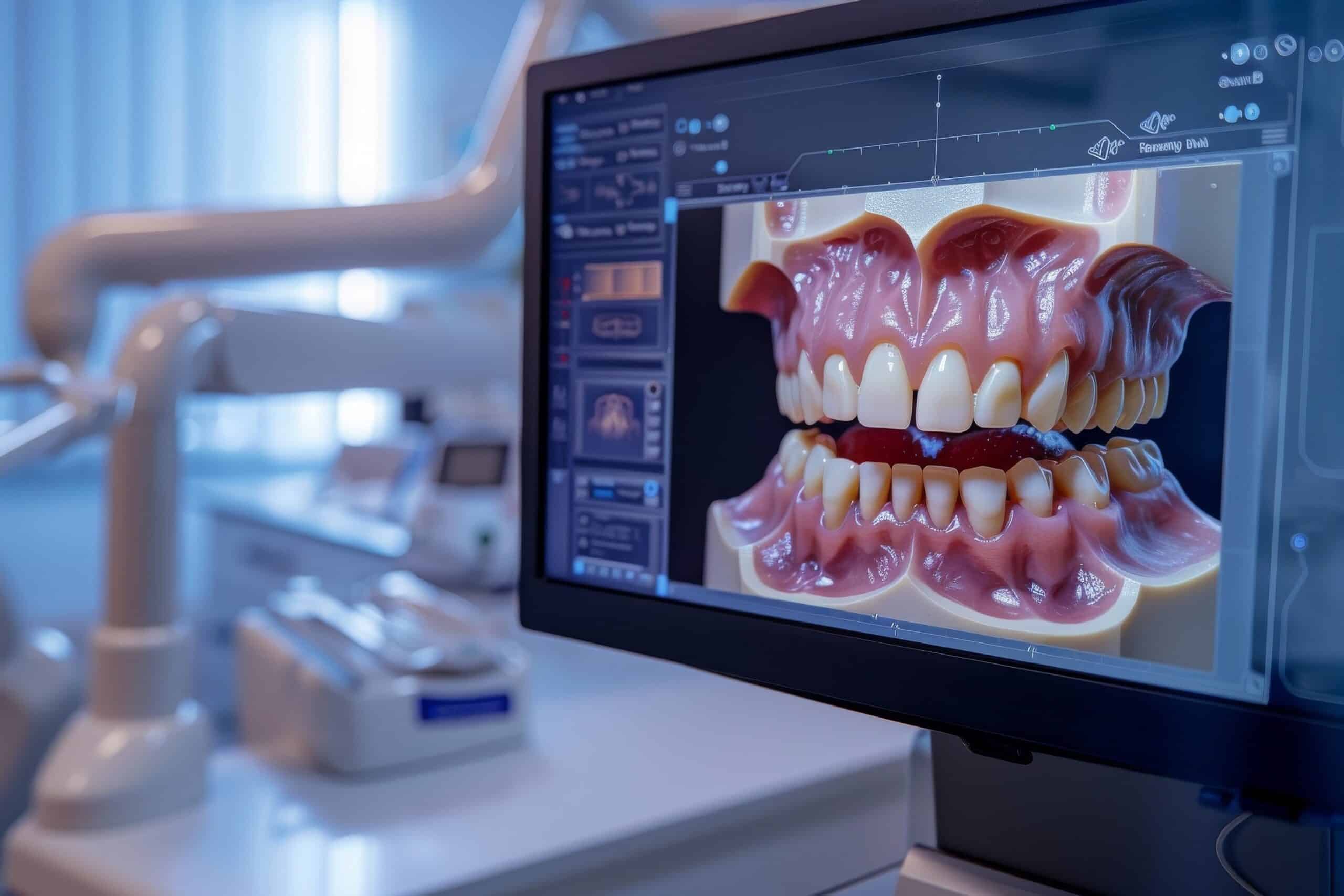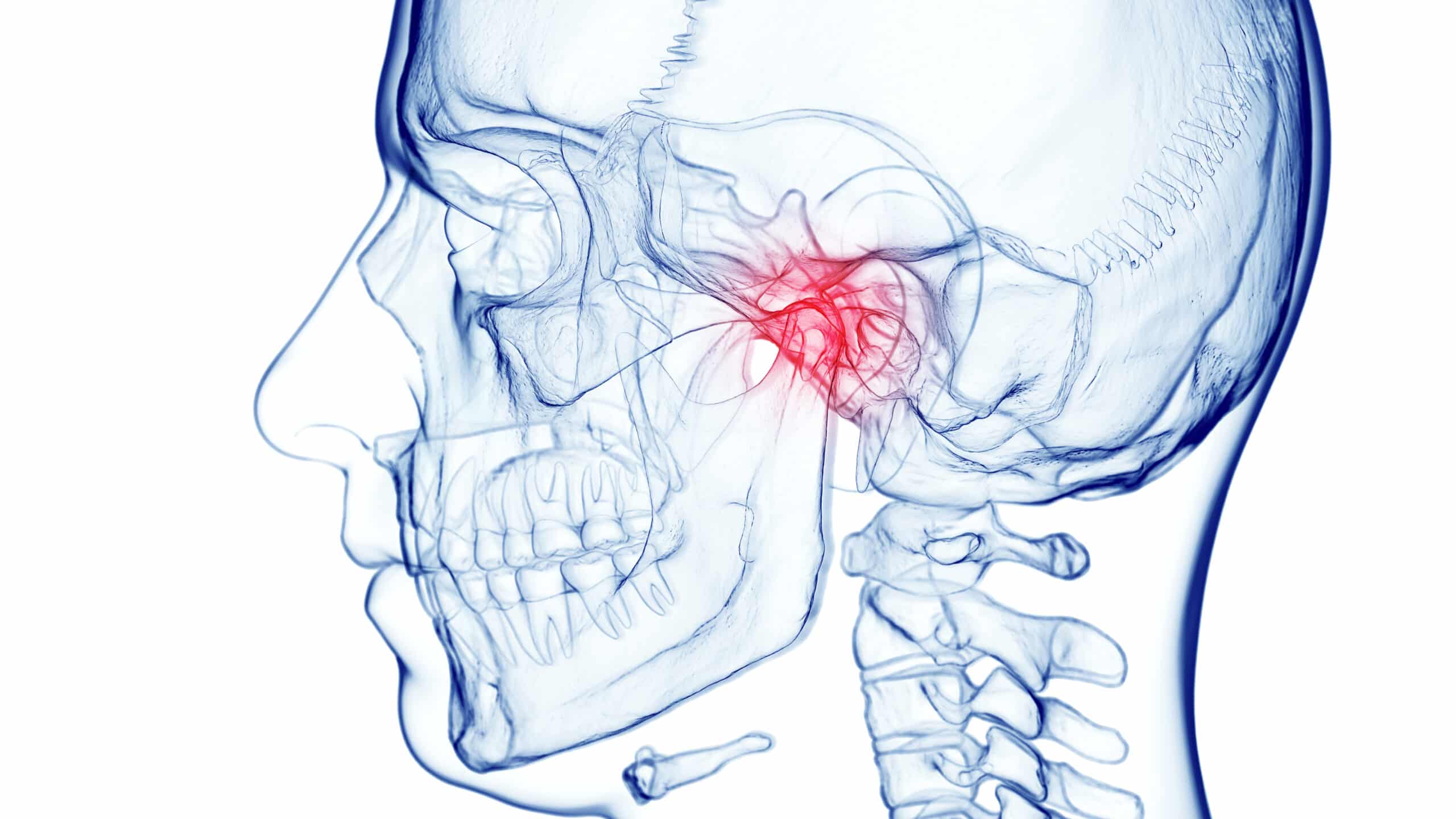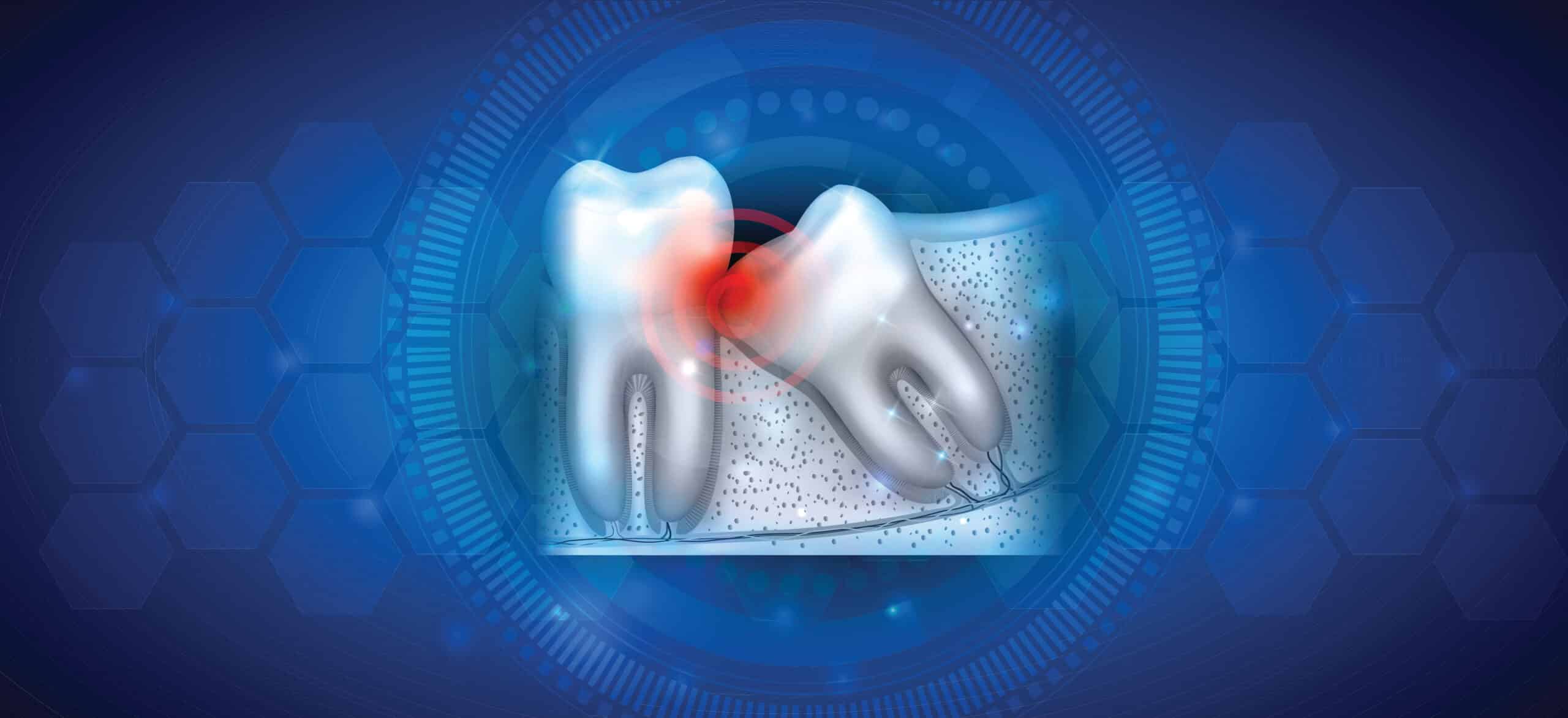People still don’t always like to go to the dentist. Many avoid it until there is a serious problem like a cavity, missing filling, or damaged tooth. Ironically, many of these problems could be avoided by making a plan with your dentist for preventive dental care.
Preventive dental care is regular dental procedures and exams that halt dental issues that can become serious problems later. In essence, it’s stopping a problem a dentist sees emerging before it starts.
Routine Dental Visits
A big part of preventive dental care is going to the dentist twice a year for cleanings and exams. Regular cleanings remove plaque and tartar that cause tooth decay. Exams twice a year can catch problems early so your dentist can address them before they become painful and expensive issues.
One of the biggest aspects of preventive dental care is removing plaque and tartar. Ongoing plaque and tartar can lead to gum disease, which results in tooth decay and tooth loss. Cleaning your teeth removes bacteria from the teeth and gums so all this is prevented.
Some people have more plaque and tartar issues than others. This happens with people who are mouth breathers or who don’t always have the best oral care routine. Diet and medications can affect how much plaque and tarter you have as well.
For these people, good preventive dental care could include going to the dentist three times a year instead of just twice. An extra cleaning can help them address ongoing issues. Another option is to have a deep-teeth cleaning once a year instead of a regular tooth cleaning.
X-rays
Getting a yearly X-ray of your teeth and mouth is a part of preventive dental care. An X-ray will show the dentist what is happening with your tooth structure and its root. Dentists can identify infections with an X-ray and address any problems they see early on.
Fluoride Treatments
Fluoride treatments at the dental office are optional and go beyond the mouthwash given to you after a cleaning and dental exam. A dentist will swab or brush on the fluoride or use a dental tray that is held in the mouth for a few minutes. You can’t eat or drink for a minimum of 30 minutes after to allow time for the teeth to absorb the fluoride.
Fluoride treatments are used to repair teeth and protect the enamel. It can make your enamel stronger as well as reduce cavity risk.
Braces
Although braces are considered an orthodontic treatment, they can also be classified as a preventive dental treatment. Braces adjust teeth so there aren’t crowded crevices and food traps that come with orthodontic problems. That makes it easier to clean and floss teeth, which prevents future dental issues.
No one should dread going to the dentist! Much of what a dentist does is preventive dental care that is painless. We make our offices as comfortable as possible so you can relax during dental procedures. Getting preventive dental care results in you coming to see us less often over the years and that is something you should aim for.




